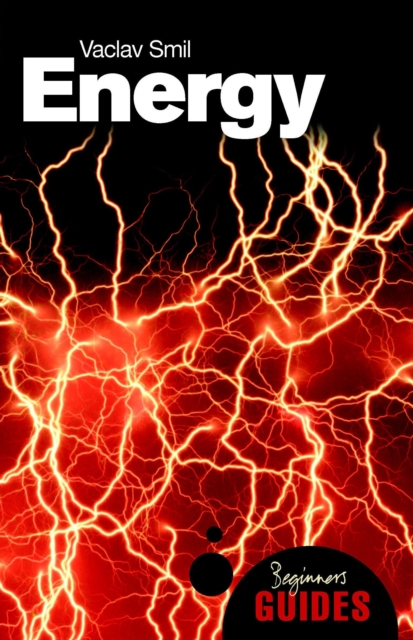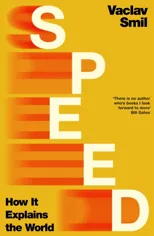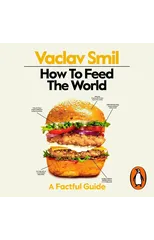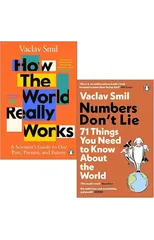Energy
A Beginners Guide
(Author) Vaclav SmilAs Einstein pointed out in his famous equation, E=MC2, all matter can be described as energy. It is everywhere; it is everything. In this engaging book, prolific author and academic Vaclav Smil provides an introduction to the far-reaching term and gives the reader a greater understanding of energy's place in both past and present society. Starting with an explanation of the concept, he goes on to cover such exciting topics as the inner workings of the human body, and the race for more efficient and environmentally friendly fuels. With global warming becoming a mainstream political issue, this guide will help shed light on the science behind it and efforts to prevent it, and how our seemingly insignificant daily decisions affect energy consumption. Whether you're after insight or dinner table conversation, "Energy: A Beginner's Guide" will amaze and inform, uncovering the science behind one of the most important concepts in our universe.
Vaclav Smil
Vaclav Smil is a Czech-Canadian scientist and author known for his work in energy, environmental, and population studies. He is the author of over 40 books that cover a wide range of topics including energy transitions, environmental sustainability, and the history of technology.
Smil's writing style is characterized by its thorough research, data-driven analysis, and accessible language. His contributions to literature include providing valuable insights into the challenges and opportunities facing humanity in the 21st century, particularly in the areas of energy consumption and climate change.
One of Smil's most famous works is "Energy and Civilization: A History," in which he traces the relationship between energy use and societal development throughout human history. This book has had a significant impact on the field of energy studies and has been praised for its comprehensive and insightful analysis. Overall, Vaclav Smil's work has made a lasting impact on the literary genre of science and technology writing, and his contributions continue to be highly regarded in academic and popular circles.






